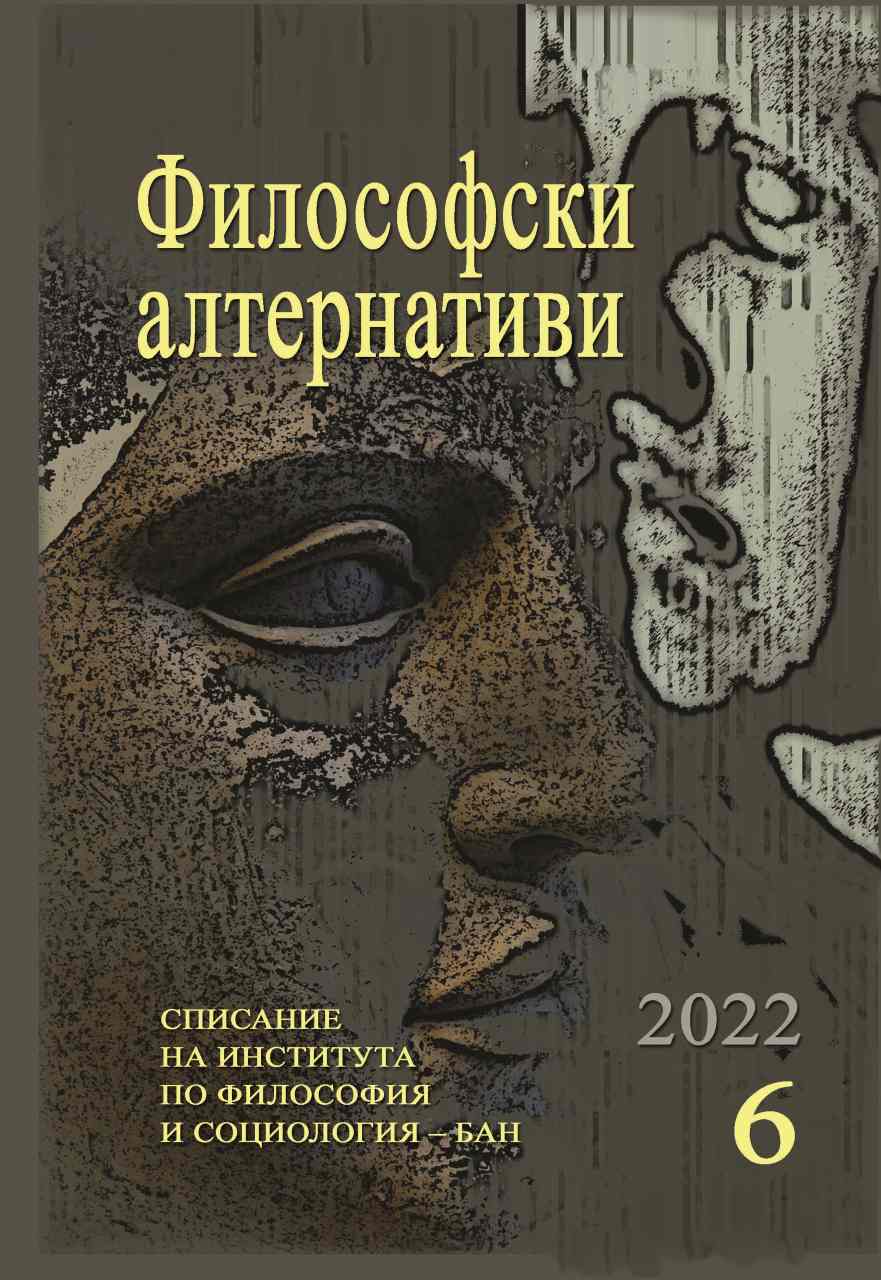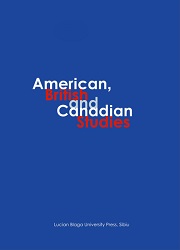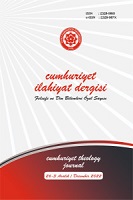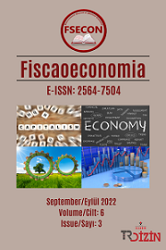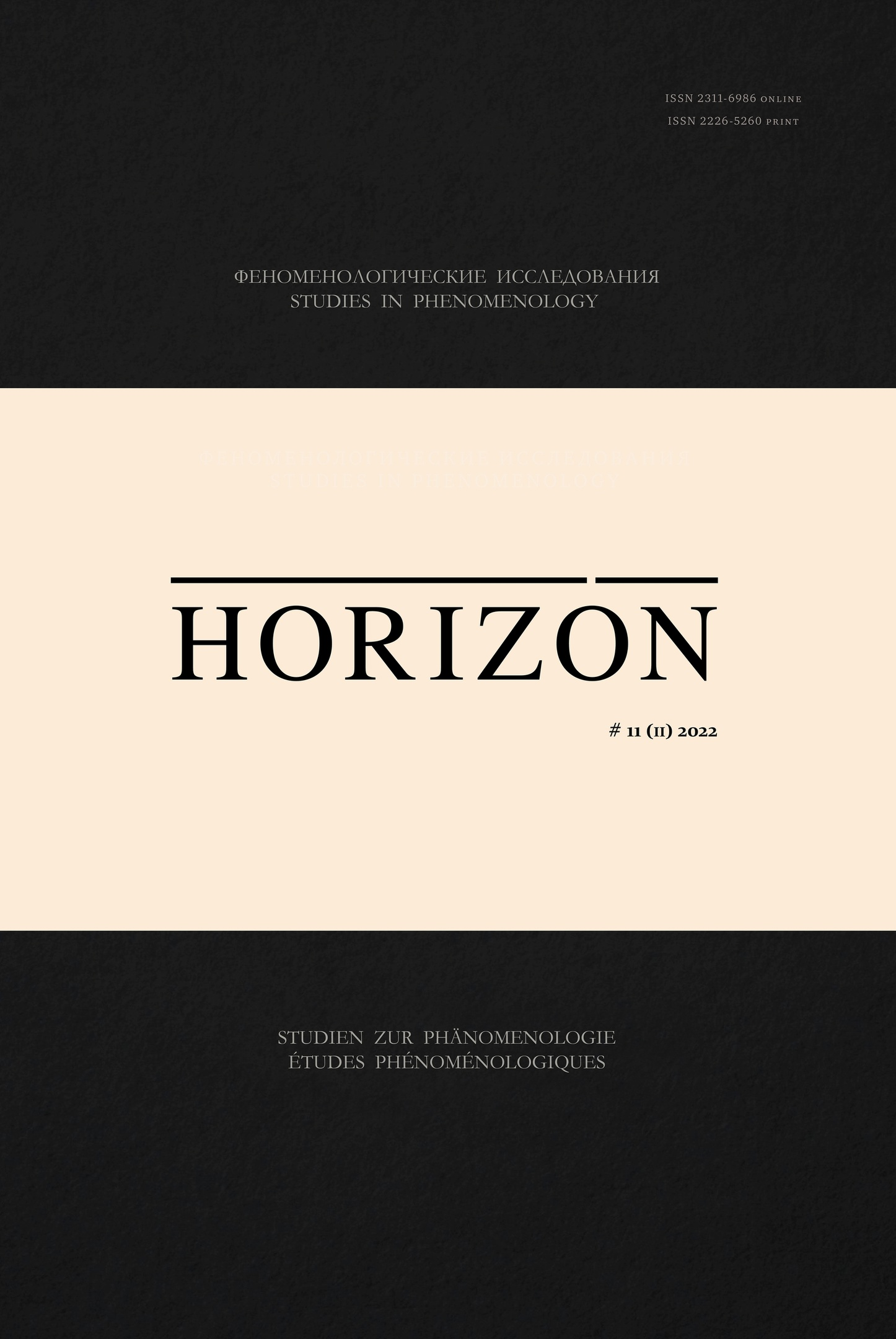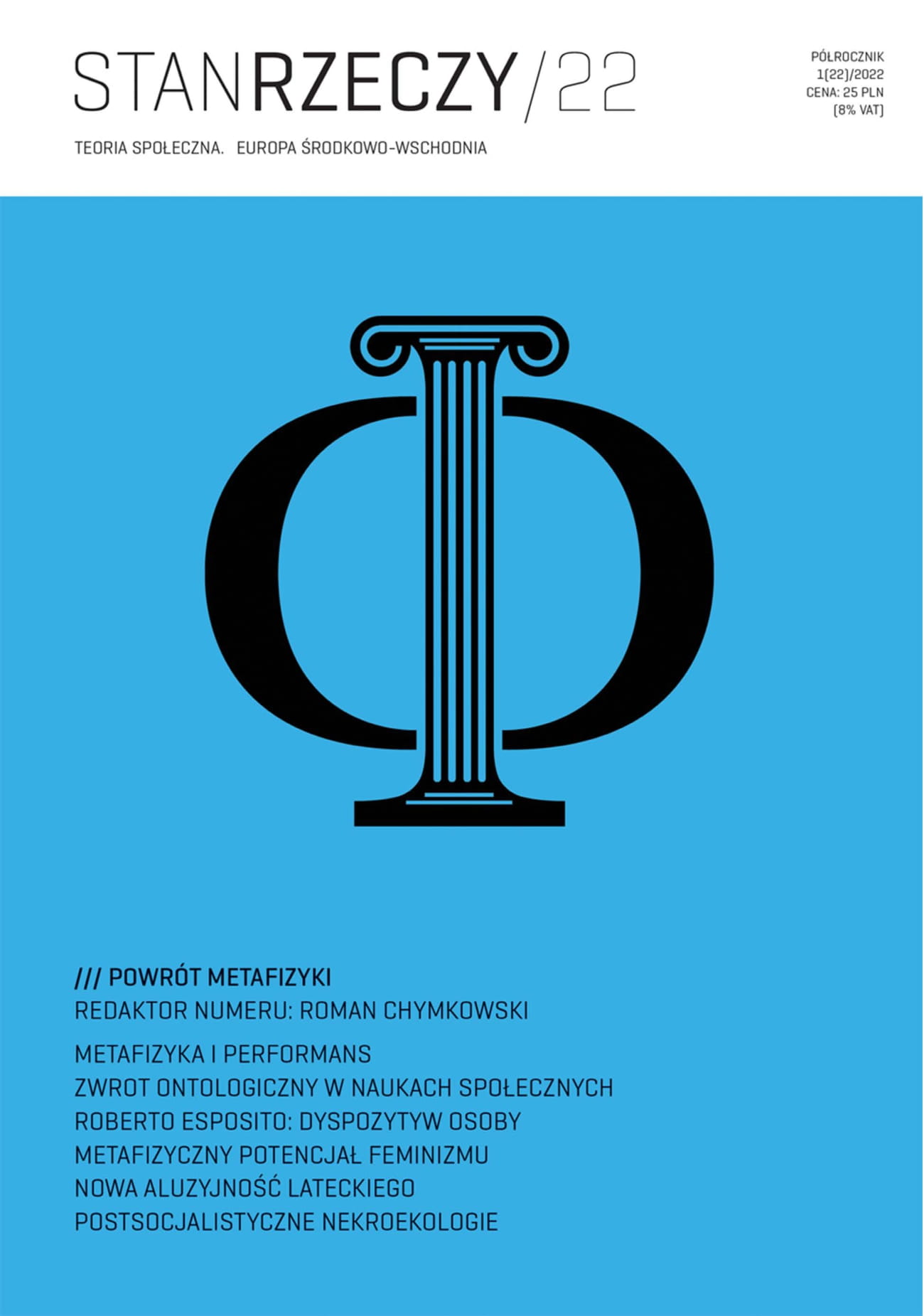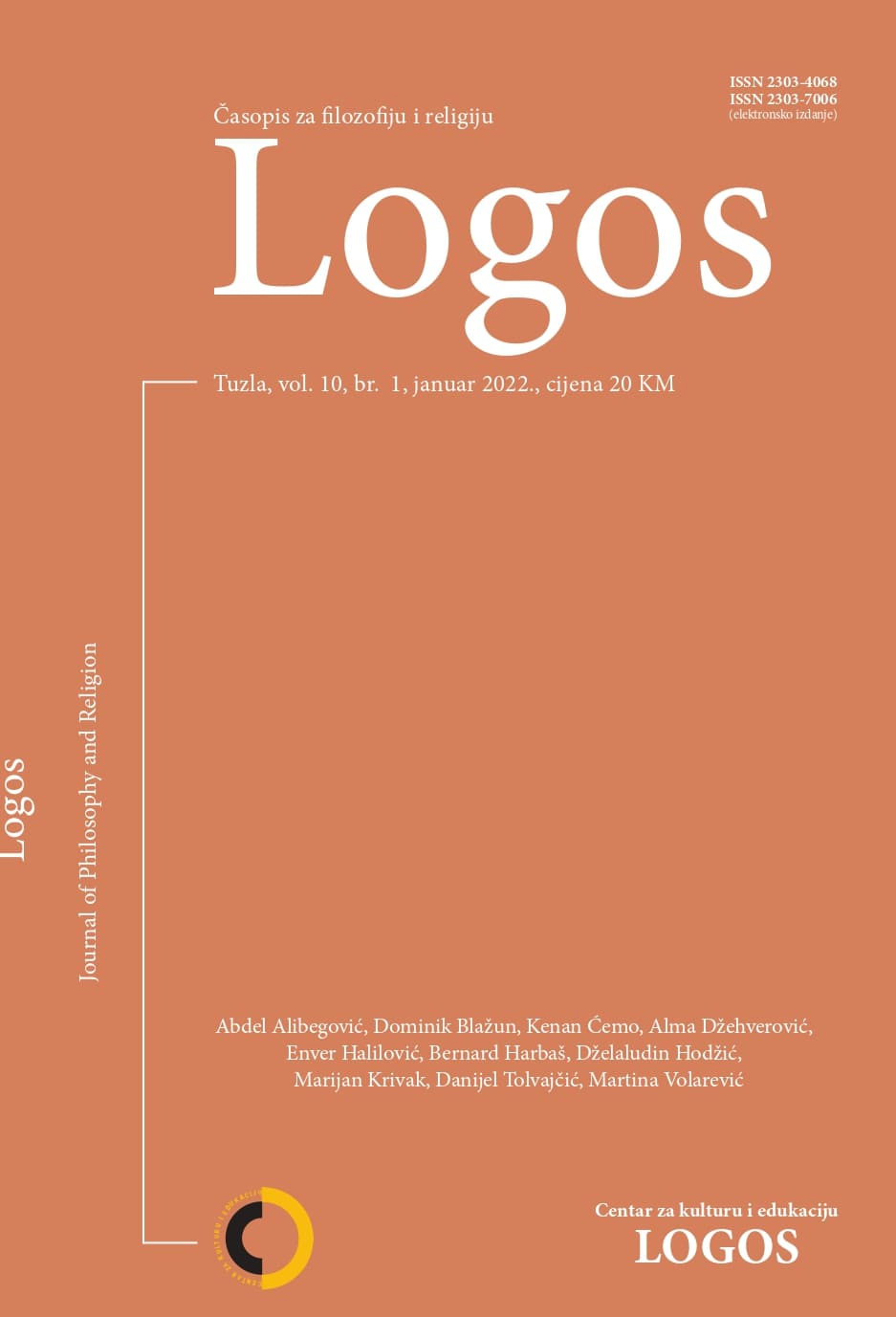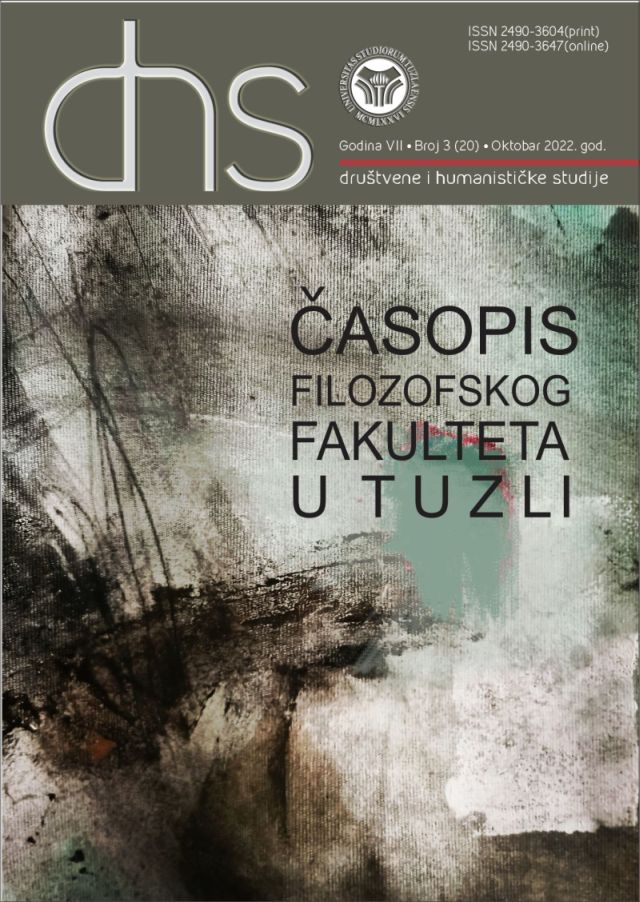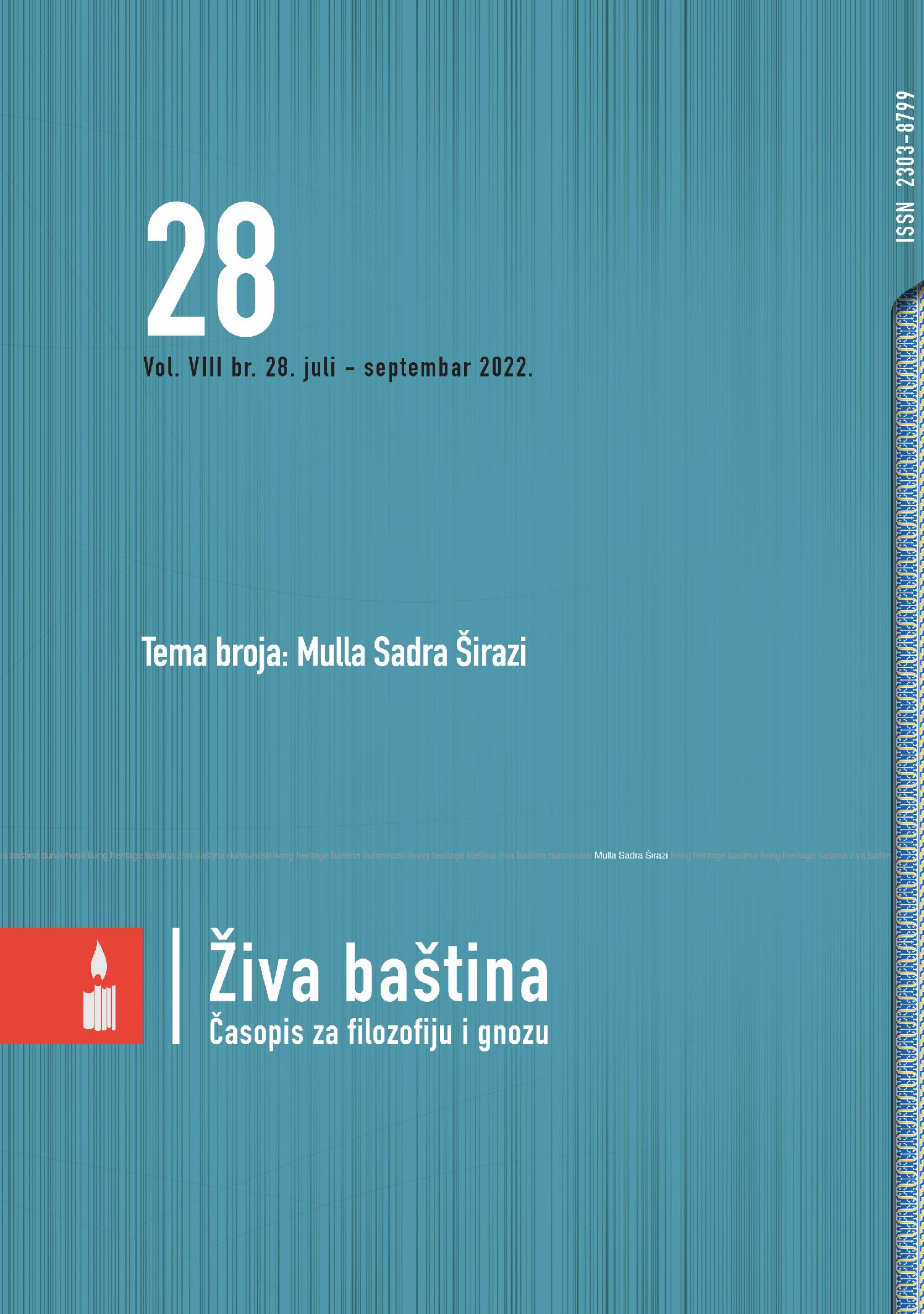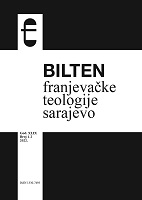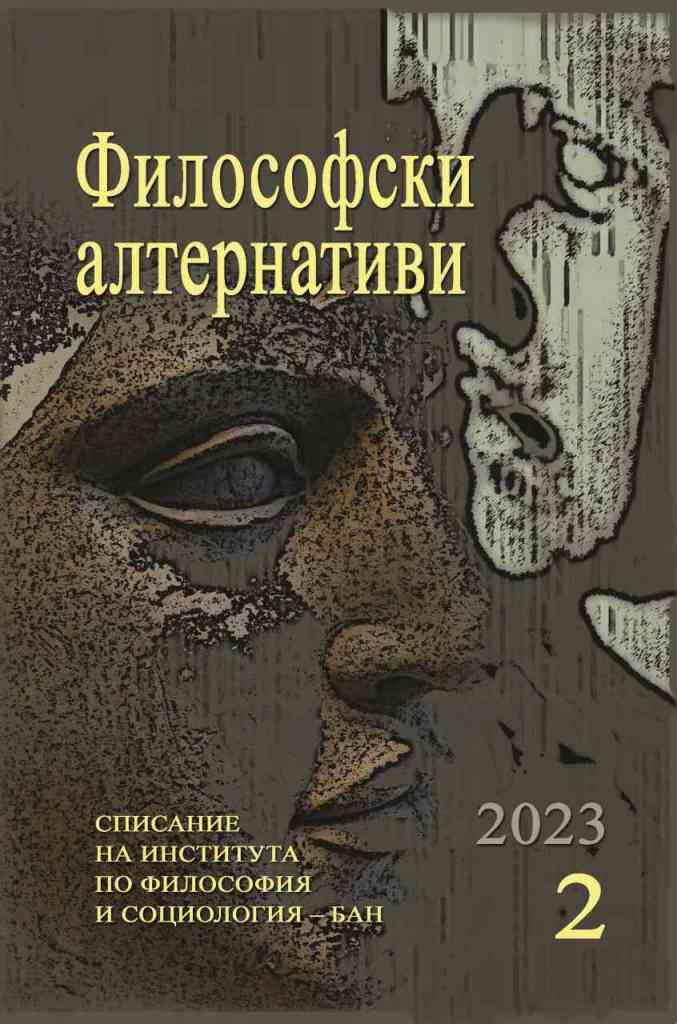Author(s): Nur Betül Atakul / Language(s): Turkish
Issue: 3/2022
The Cartesian circle has been a controversial issue since Meditations was published. The objection is that the accuracy of the premises of the argument used by Descartes to prove the existence of God in the Fifth Meditation depends on the existence and truthfulness of God proved through them. Therefore, the argument is circular. After proving that God exists, Descartes states that the correctness of all clear and distinct perceptions depends on knowing God. Thus, according to those who make the Cartesian circle accusation, he rendered the epistemological status of all the clear and distinct perceptions which he previously used to reach to God’s proof suspicious. Mersenne and Arnauld, who evaluated the work at Descartes’ request and raised objections to the arguments in the book, were the first to voice this accusation. According to Mersenne, in his argument Descartes based all clear and distinct knowledge on God's explicit knowledge. However, according to the proof, although he did not have God’s explicit knowledge, he accepted the Cogito and the nature of the thinking self as indubitable truths. As for Arnauld, he also argues that Descartes’ argument is circular. Unlike Mersenne, he does not restrain what is meant by clear and distinct perceptions, like Mersenne, to the proposition “I think (therefore) I am”. He makes his objection in a way that covers all clear and distinct perceptions. According to him, we cannot have a clear and distinct knowledge of God unless we are sure of the correctness of what we perceive clearly and distinctly. Descartes answers these objections by saying that clear and distinct perceptions, the truth of which depends on the knowledge of God, are those that must be remembered, that is, those that obtained by derivation. The clear and distinct perceptions used for proof are already present in our minds, hence they are distinct from the clear and distinct perceptions that are remembered. From this, we can deduce that the clear and distinct perceptions we refer to when we first proved that God exists do not need God’s assurance, since our mind finds them present at that time. Even if we then forget the arguments for proof or they lose their clarity and distinctness for us, our epistemological certainty is ensured since we firstly produced the proof and then reached the conclusion of God’s assurance. Thus, only some of the clear and distinct perceptions need divine assurance to be remembered. However, clear and distinct perceptions are not doubtful simply because of the way that they are obtained does not always remain present to us. Especially when it comes to mathematical truths, there is also the possibility of evil genius that renders the soundness of cognition doubtful, and this possibility raises doubts about the first acquisition processes of these perceptions. Descartes did not address this issue in his reply but limits the divine assurance only for remembering. For this reason, his answer is not convincing enough. The charge of the Cartesian circle can be dismissed by showing that the premises of the argument used to prove the existence of God do not depend on the existence of God and his non-illusory nature. So, we need to reconsider the doubt process in order to determine which of the clear and distinct perceptions obtained in this process do not need divine assurance. The rule of reasonable doubt, expressed in the Second Meditation as “Anything which admits of the slightest doubt, I will set aside just as if I had found it to be wholly false” (Meditations, AT VII: 24; CSM II: 16) is suspended for the first time with the attainment of the Cogito which leaves no room for the slightest doubt. The proposition “I exist” is self-evident and unshakable even by the possibility of an evil creator who has created my cognitive faculties to err. From this Descartes derives the truth rule: “I can determine from now on that all the things that we grasp very clearly and distinctly are all true” (Meditations, AT VII: 35; CSM II: 24). Accordingly, we can stop doubting the clear and distinct perceptions that we have as surely as the Cogito. It also means that we do not need divine assurance for the acceptance of such truths. One of such truths is the causal adequacy principle or principle of causality, which Descartes refers to regarding the proof of God in the Third Meditation. This principle, like other principles of reason, has been given to us by ‘natural light’. The principles through which we think, thus doubting, affirming, and rejecting in Cartesian terms, are not subject to divine assurance, nor are they threatened by evil genius from the very beginning. Otherwise, we cannot raise reasonable suspicions concerning a malicious power that may cause us to be wrong, or to reach conclusions obtained with the principle of causality, such as “the thinker exists as long as he thinks”, as in the Cogito. Until the Fifth Meditation, from clear and distinct perceptions Descartes accepts the Cogito, the truth rule, and the principle of causal adequacy without recourse to divine assurance. What remains is the inquiry concerning whether the mathematical truths that appear with the triangle example in the ontological argument need such a guarantee, and if so, whether this will render the ontological argument circular. According to the rule of reasonable doubt, our clear and distinct perceptions, which cannot be accepted without appealing to divine assurance, i.e., without eliminating the argument of evil genius, are what we have about arithmetic and geometry. The content of our thoughts on these is not subject to internal doubt in terms of being independent of us, that is, in terms of complying with the truth rule. But they are open to the possibility of evil genius as an external element of doubt. So, to be sure of their correctness, I need to make sure that the one who created the faculties I use to acquire them is not deceiving. However, this is not sufficient for the circularity accusation, because the God proof used by Descartes is not based on the correctness of such perceptions, but on the fact that the content of the perceptions is independent of me. The definition of the triangle applied for the ontological argument and the co-existence of the mountain-valley ideas point out that some ideas have essences independent of me. Since the idea of God has an unchanging nature, its existence is proven. Thus, we can conclude that there is no circularity in the arguments that Descartes uses to prove the existence of God.
More...
